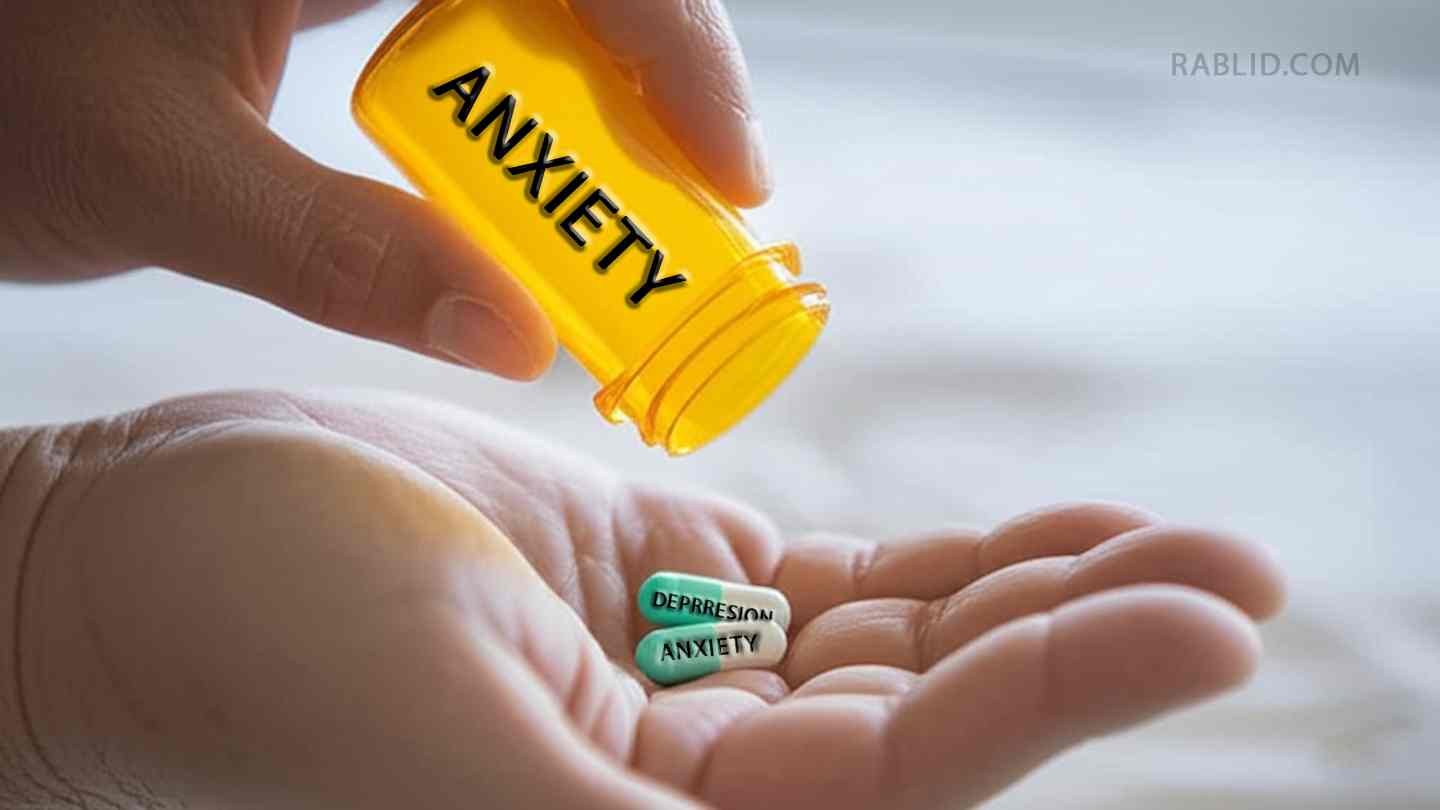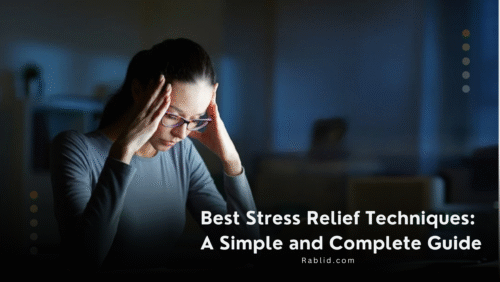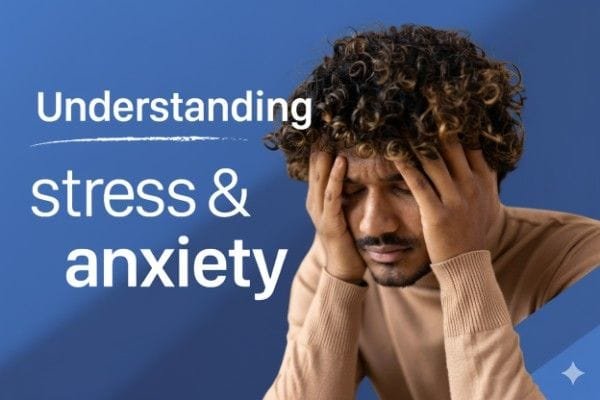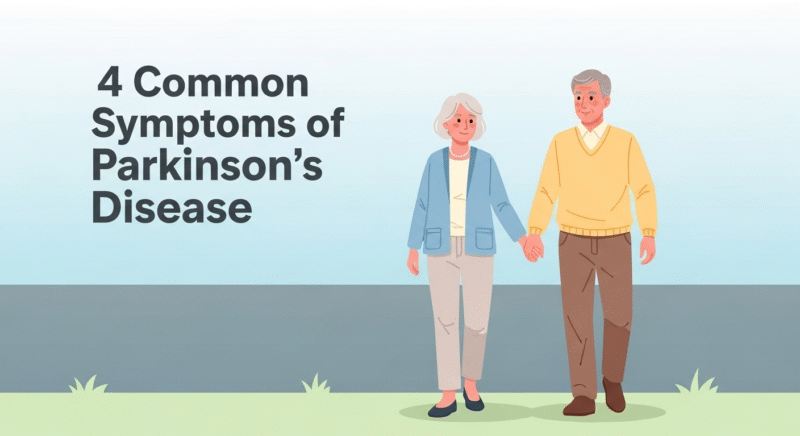Finding the Safest and Best Medications for Anxiety: A Simple Guide
Dealing with anxiety can feel overwhelming, but knowing your options can help. Let’s break down the most commonly recommended medications, their safety, and what real people say about them all in plain language.
SSRIs (Selective Serotonin Reuptake Inhibitors)
Examples: Prozac (fluoxetine), Zoloft (sertraline), Lexapro (escitalopram).
How they work: Boost serotonin, a “feel-good” brain chemical, over time.
Safety: Often prescribed first because they’re non-addictive and effective long-term.
What people say: Many find them helpful, but some report side effects like nausea, weight gain, or reduced libido. It can take 4–6 weeks to feel better.
Best for: Long-term anxiety management.
SNRIs (Serotonin-Norepinephrine Reuptake Inhibitors)
Examples: Effexor (venlafaxine), Cymbalta (duloxetine).
How they work: Target both serotonin and norepinephrine, another mood-related chemical.
Safety: Similar to SSRIs but may raise blood pressure. Generally safe for long use.
What people say: Some prefer SNRIs if SSRIs don’t work, but side effects like sweating or fatigue are common.
Benzodiazepines (“Benzos”)
Examples: Xanax (alprazolam), Valium (diazepam).
How they work: Fast-acting—calms anxiety within minutes.
Safety: High risk of dependency if used longer than 2–4 weeks. Not ideal for daily, long-term use.
What people say: Loved for quick relief during panic attacks, but many warn about withdrawal or “brain fog” with prolonged use.
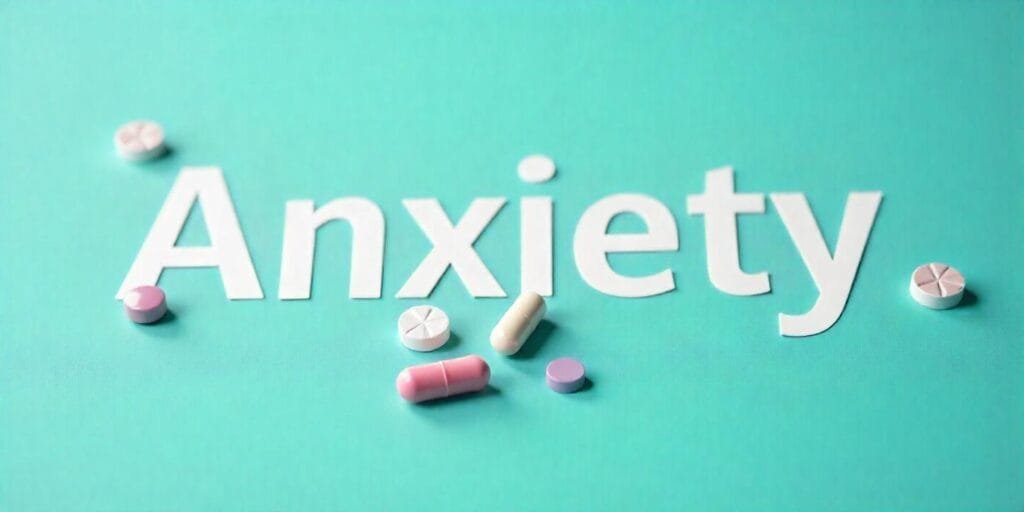
Beta-Blockers
Examples: Inderal (propranolol), Tenormin (atenolol).
How they work: Ease physical symptoms (shaking, rapid heartbeat) without targeting anxiety directly.
Safety: Safe for occasional use (e.g., public speaking). Not for chronic anxiety.
What people say: Great for stage fright, but not helpful for emotional anxiety.
Buspirone
How it works: Boosts serotonin and dopamine gently.
Safety: Low risk of dependency, fewer side effects.
What people say: Works well for mild anxiety but takes weeks to kick in.
Natural Options (What Users Report)
- CBD oil: Some find it calming, but effects vary.
- Lavender supplements: Studies suggest mild relief (e.g., Silexan).
- Therapy: Not a medication, but CBT (cognitive behavioral therapy) is highly recommended alongside meds.
Safety Tips Straight from Users
- No self-medicating: Always consult a doctor—what works for others might not work for you.
- Watch for side effects: SSRIs/SNRIs may worsen anxiety briefly. Benzos can be habit-forming.
- Be patient: Many meds take weeks to work. Track your progress.
- Consider lifestyle changes: Sleep, exercise, and mindfulness support medication benefits.
The Conclusion
The “safest” medication depends on your needs:
- Long-term: SSRIs or SNRIs.
- Quick relief: Benzos (short-term only).
- Physical symptoms: Beta-blockers.
Always pair meds with professional guidance. As one user put it: “Medications opened the door for me, but therapy taught me how to walk through it.”
Remember, you’re not alone—help is out there, and finding the right fit is worth the effort. 💛
(Note: This guide combines medical recommendations and real-user experiences. It’s not a substitute for professional advice.)

